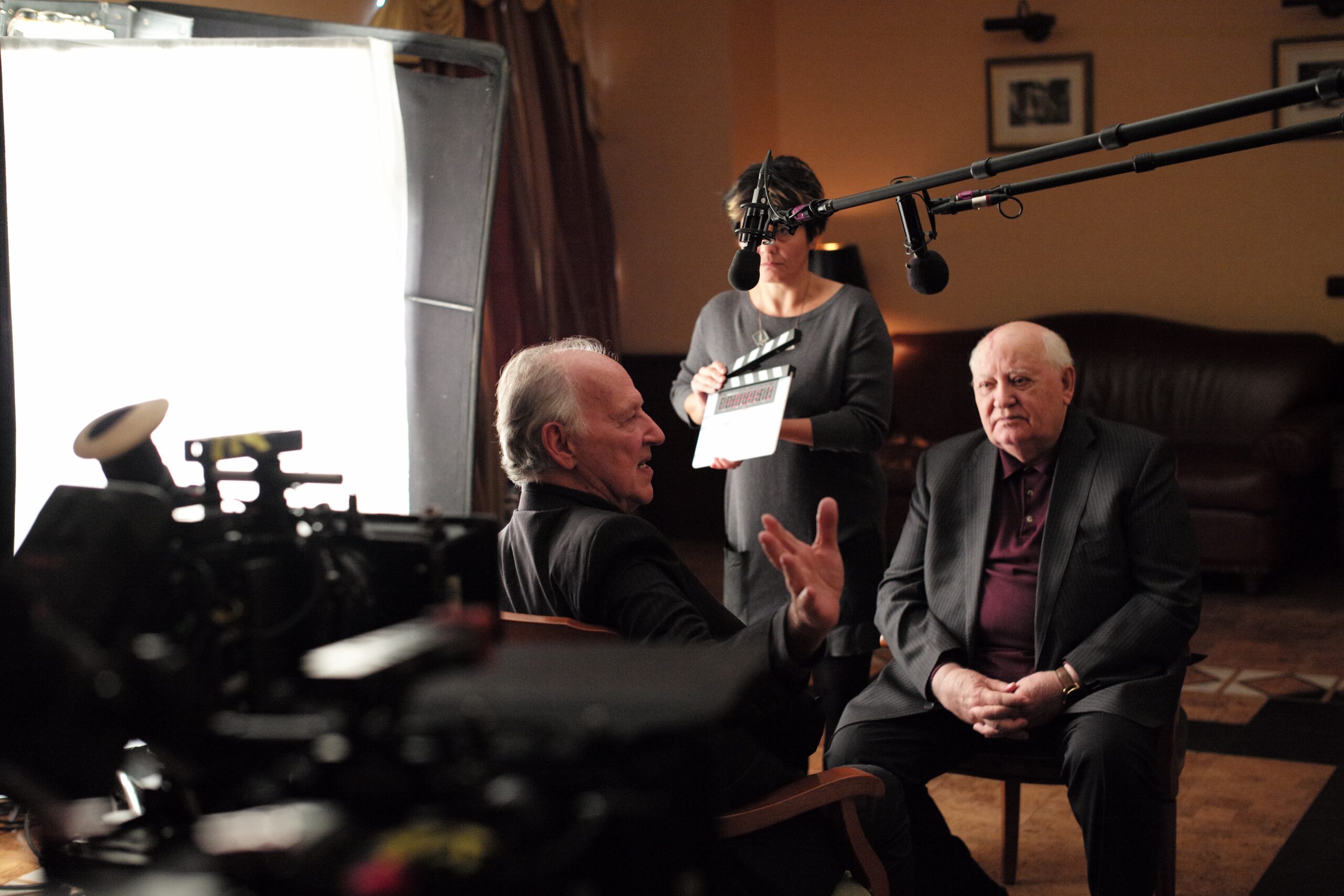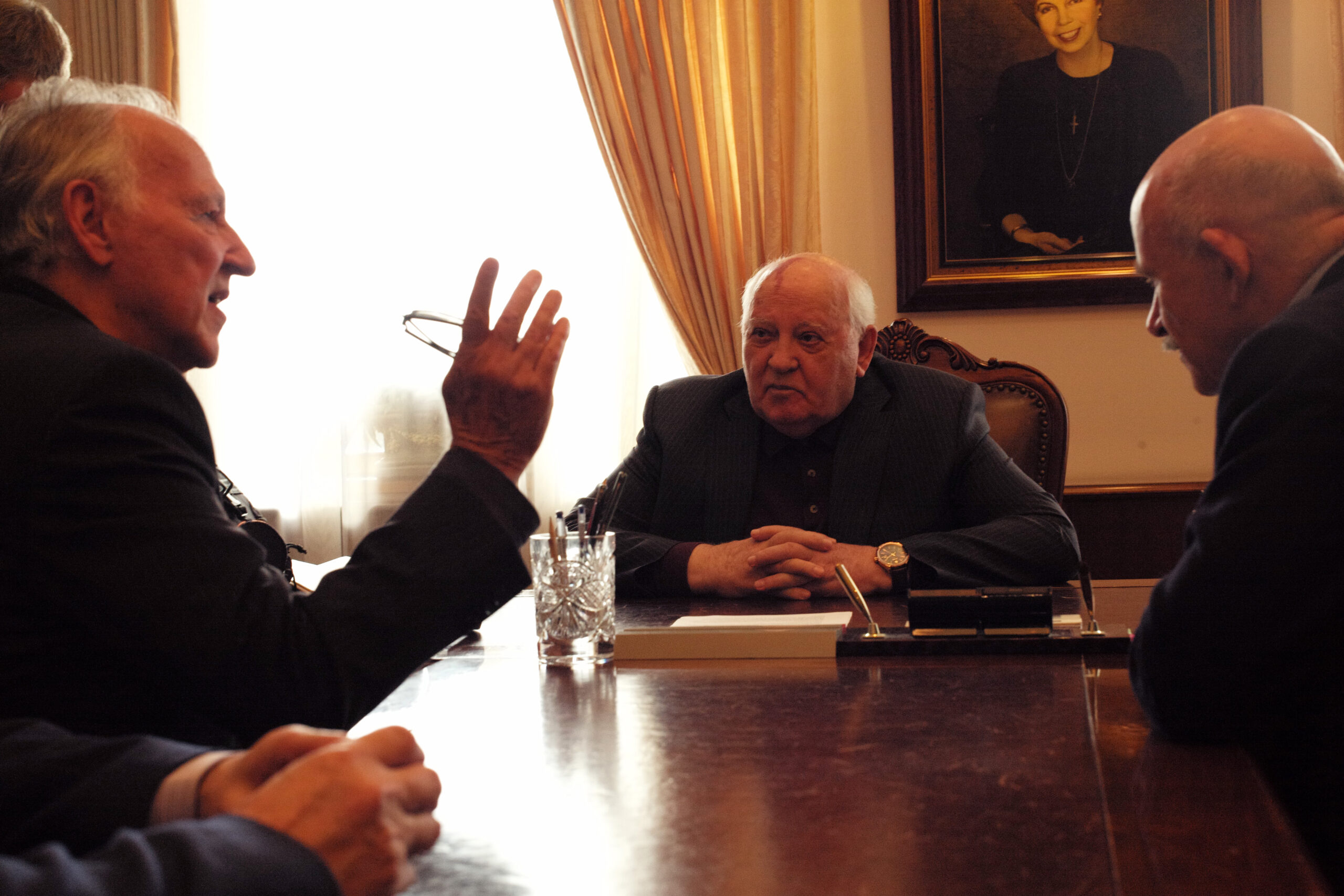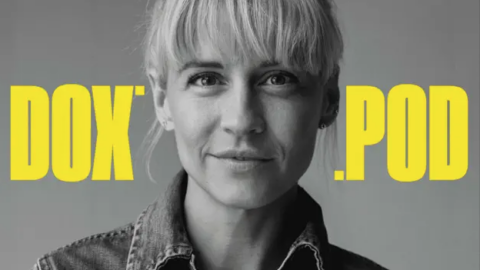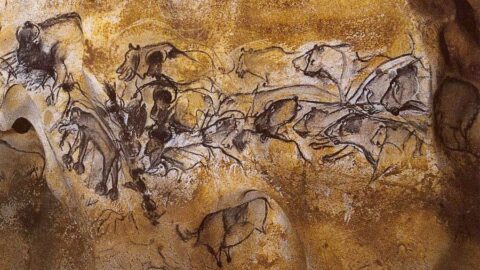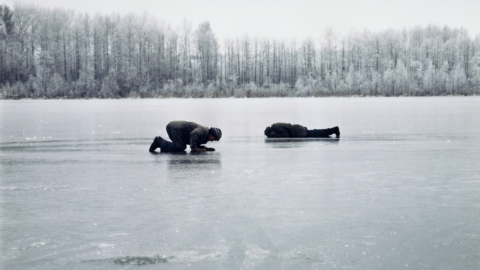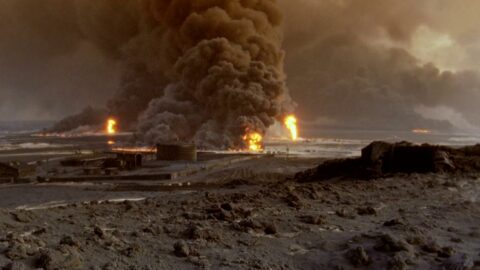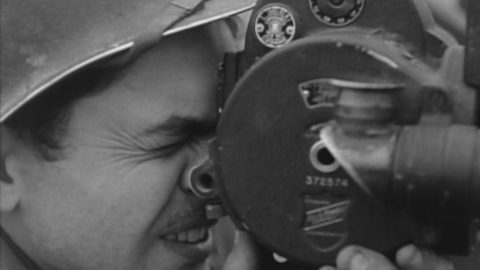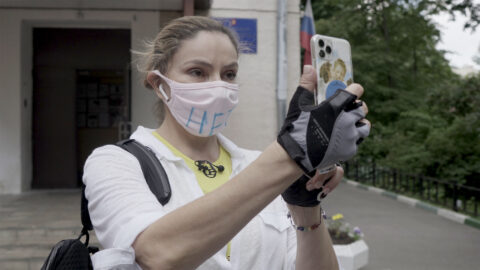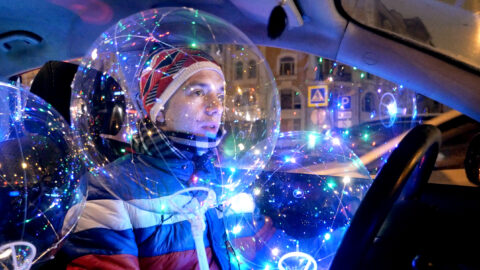Meeting Gorbachev
Werner Herzog og Mikhail Gorbatjov i samtale om historie, Sovietunionens fald og Ruslands fremtid - garneret med sort herzogsk humor.
Werner Herzog er med sin karakteristiske stemme og sit blik for menneskets absurde sider en fortæller uden sidestykke. Men i Mikhail Gorbatjov får han kamp til stregen. Herzogs samtaler med den 87-årige tidligere statsleder er episke af omfang, men med et detaljeret blik for historiens små detaljer. Sovietunionens storhed og fald, den kolde krig, Ruslands fremtid – den aldrende Gorbatjovs politiske indsigt er lige så dyb som hans tillid til det enkelte menneske. Herzog selv ruller sig ud i sine egne analyser af arkivoptagelser fra Soviettiden, hvor han med sort humor og et skævt blik får øje på de særeste detaljer.
Mere viden
Bliv klogere på Gorbachevs rolle i europæisk historie
